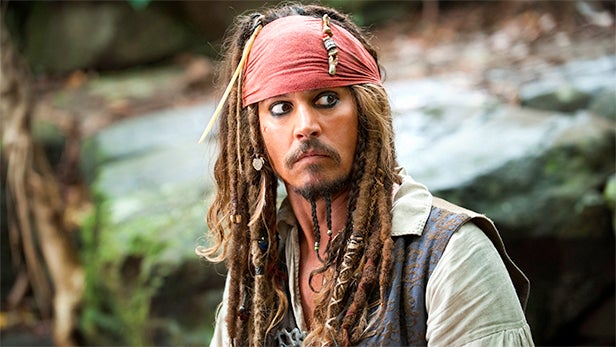Google Images accused of creating ‘accidental pirates’

Google has been accused of promoting “piracy” through its Google Images photo search.
That’s the claim made by Getty Images, a photo agency, in a new complaint lodged with the European Commission, arguing that the site is being denied traffic by Google.
Getty’s filing says that Google is abusing its search engine dominance, and complains that changes made to the service in 2013 have “impacted” Getty’s business.
“[Google creates] captivating galleries of high-resolution, copyrighted content,” explains Getty. “Because image consumption is immediate, once an image is displayed in high-resolution, large format, there is little impetus to view the image on the original source site.”
It continues: “
“This has also promoted piracy, resulting in widespread copyright infringement, turning users into accidental pirates,” Getty adds.
Yoko Miyashita, Getty’s General Counsel, says that it’s a particular problem for Getty own business because the company represents over 200,000 photojournalists, content creators, and artists. These users rely on Getty to “protect their ability to be compensated for their work”.
Miyashita says that this is “adversely affecting…the lives and livelihoods of artists around the world”.
Related: EU vs Google Explained
To make matters worse, Google is already facing antitrust charges for an abuse of power with its Android operating system in Europe.
Do you think Getty has a fair point, or is Google operating lawfully and ethically? Let us know in the comments.


